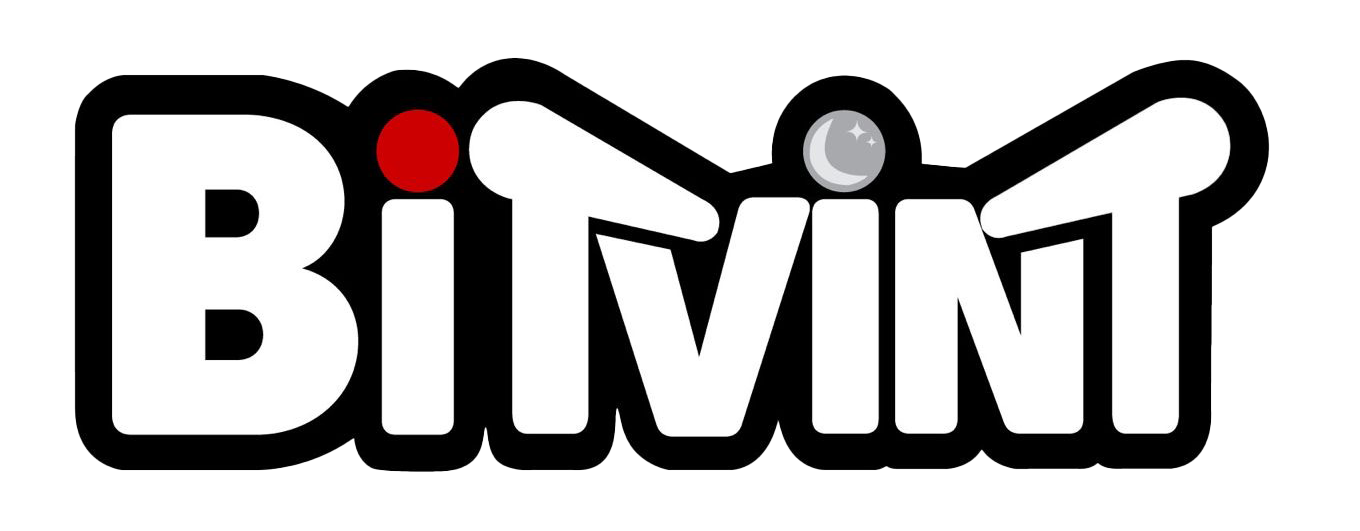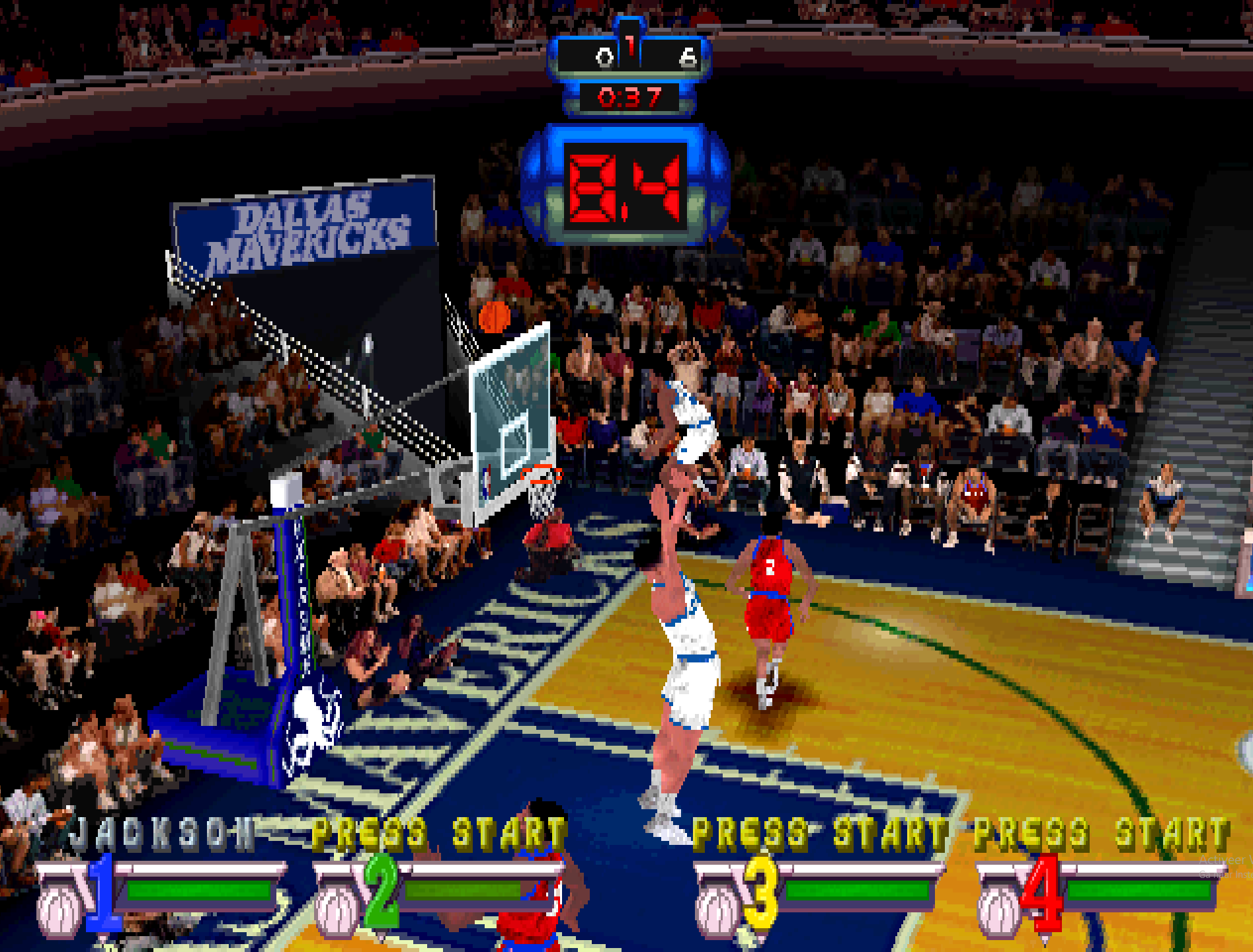Introduction
Released in 1989, Twin Hawk is a vertically scrolling arcade shooter developed by Toaplan. Known in Japan as Daisenpu, it combined classic World War II themes with Toaplan’s trademark intense action. The game featured a more realistic military style compared to the studio’s other shooters, appealing to players who enjoyed historical themes.
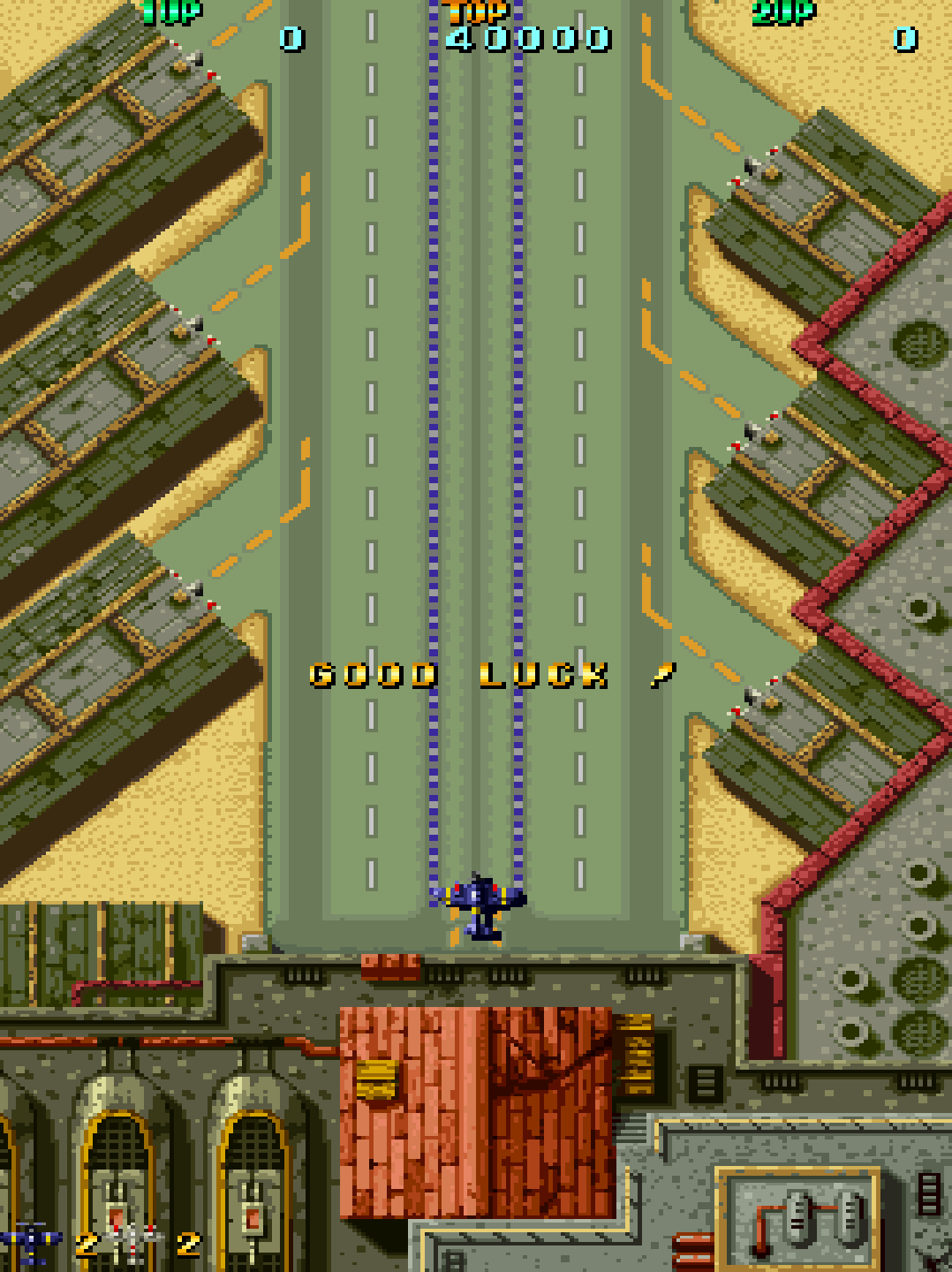
Development and History
- Developer: Toaplan
- Publisher: Taito (Japan), Romstar (North America)
- Release Date: 1989
- Hardware: Toaplan arcade hardware
After the success of shooters like Flying Shark, Toaplan created Twin Hawk to offer a streamlined experience focused on tactical bombing and air support. Unlike many shooters of the time, it did not feature power-ups, emphasizing skill and strategic use of the support squadron mechanic.
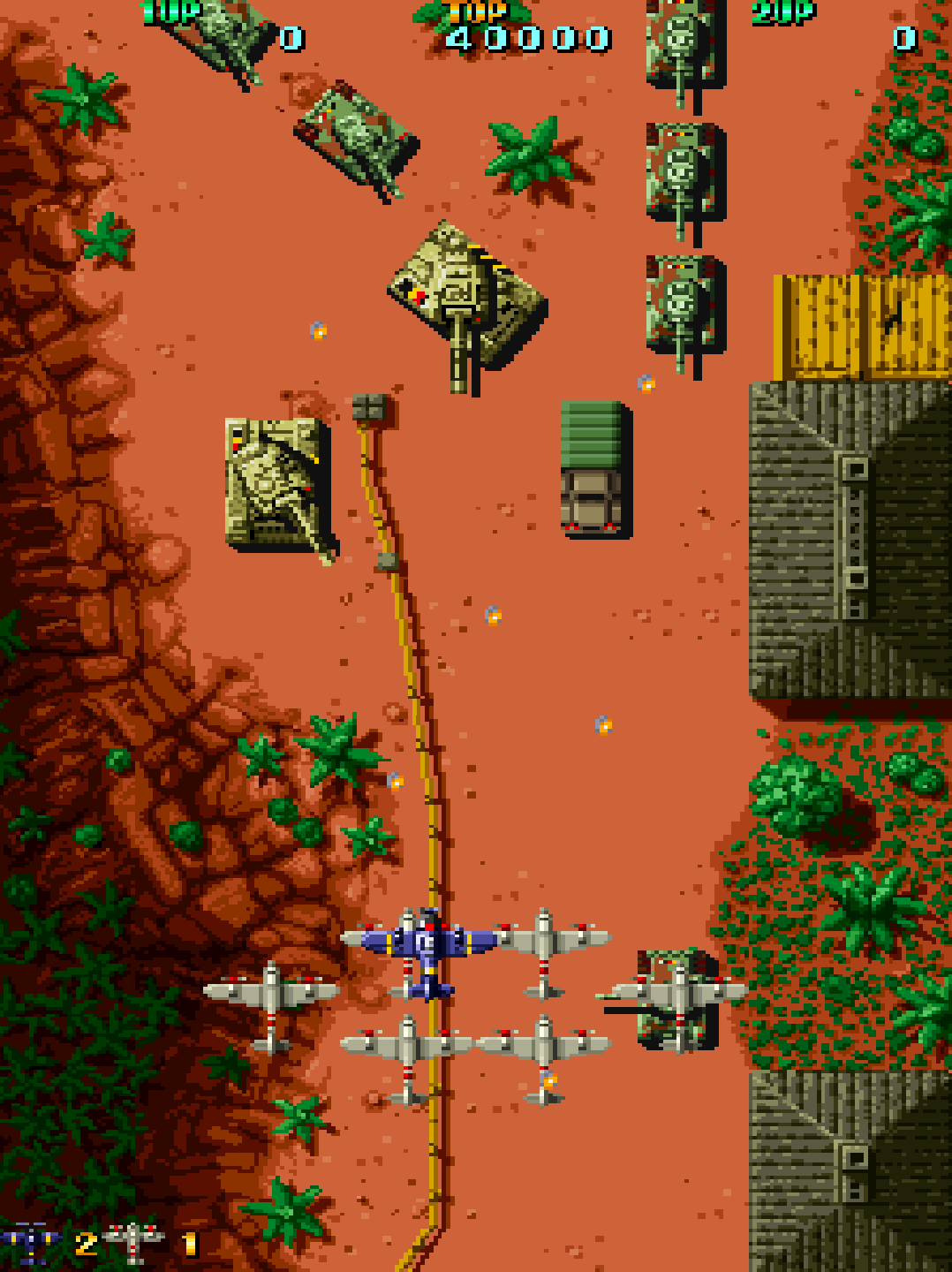
Gameplay Video
Gameplay and Mechanics
Players pilot a WWII-era bomber against waves of tanks, ships, and aircraft.
Key gameplay elements:
- Support Squadron: Summon allied planes that fly in formation and attack enemies
- Bomb Mechanic: Instead of traditional bombs, calling reinforcements clears enemy bullets
- Vertical Scrolling: Continuous waves of enemies and large bosses
- Two-player co-op: Work together to manage enemies and call support
The support squadron was the game’s signature feature, providing both offense and defense.
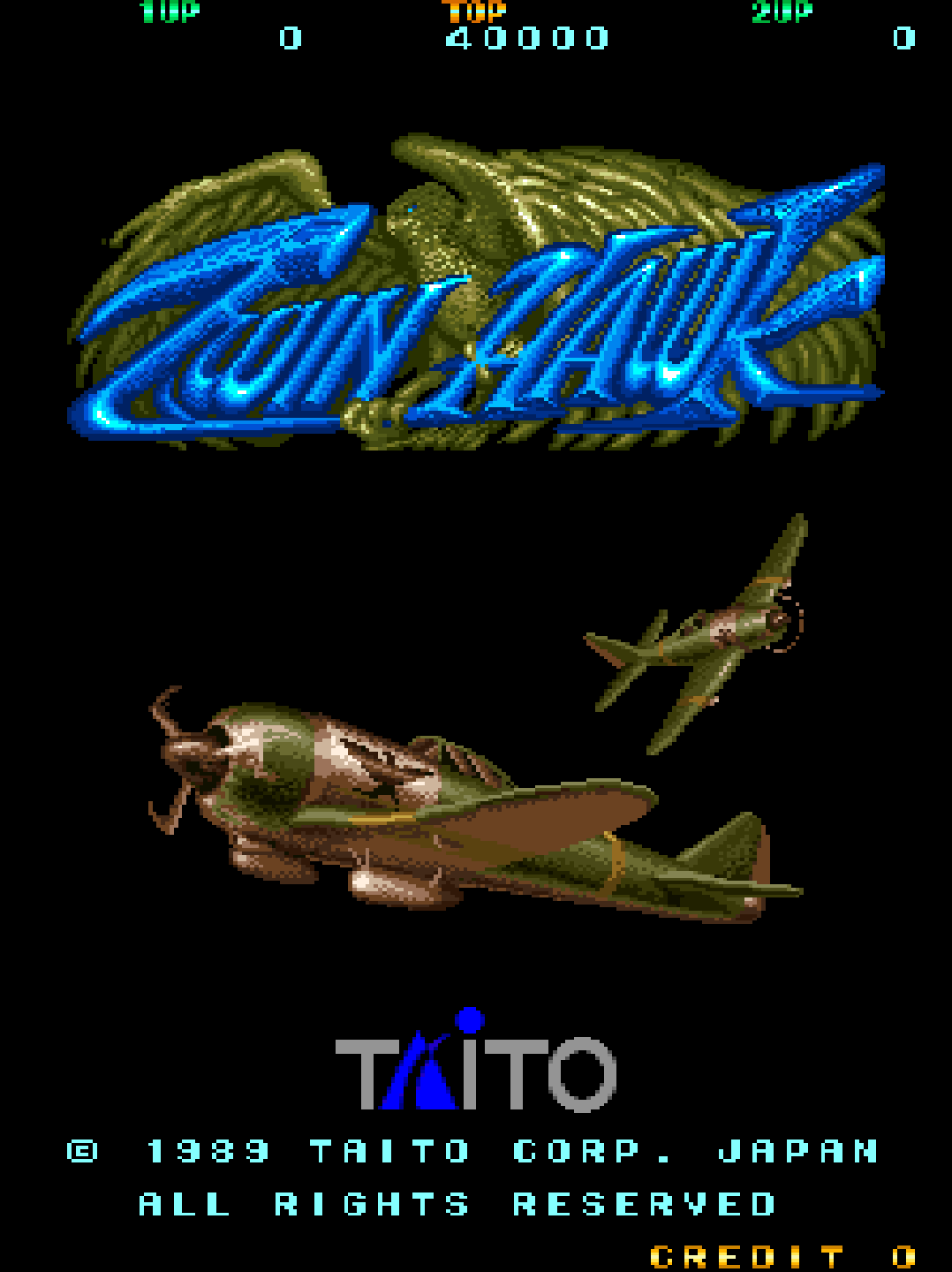
Cultural Impact and Legacy
- Not as widely known as Toaplan’s hits like Truxton, but appreciated by fans for its unique mechanics
- Ported to Sega Mega Drive and PC Engine
- Influenced later shooters that experimented with formation-based support attacks
- Included in retro compilations and re-released by M2 as part of the Toaplan Arcade Garage series
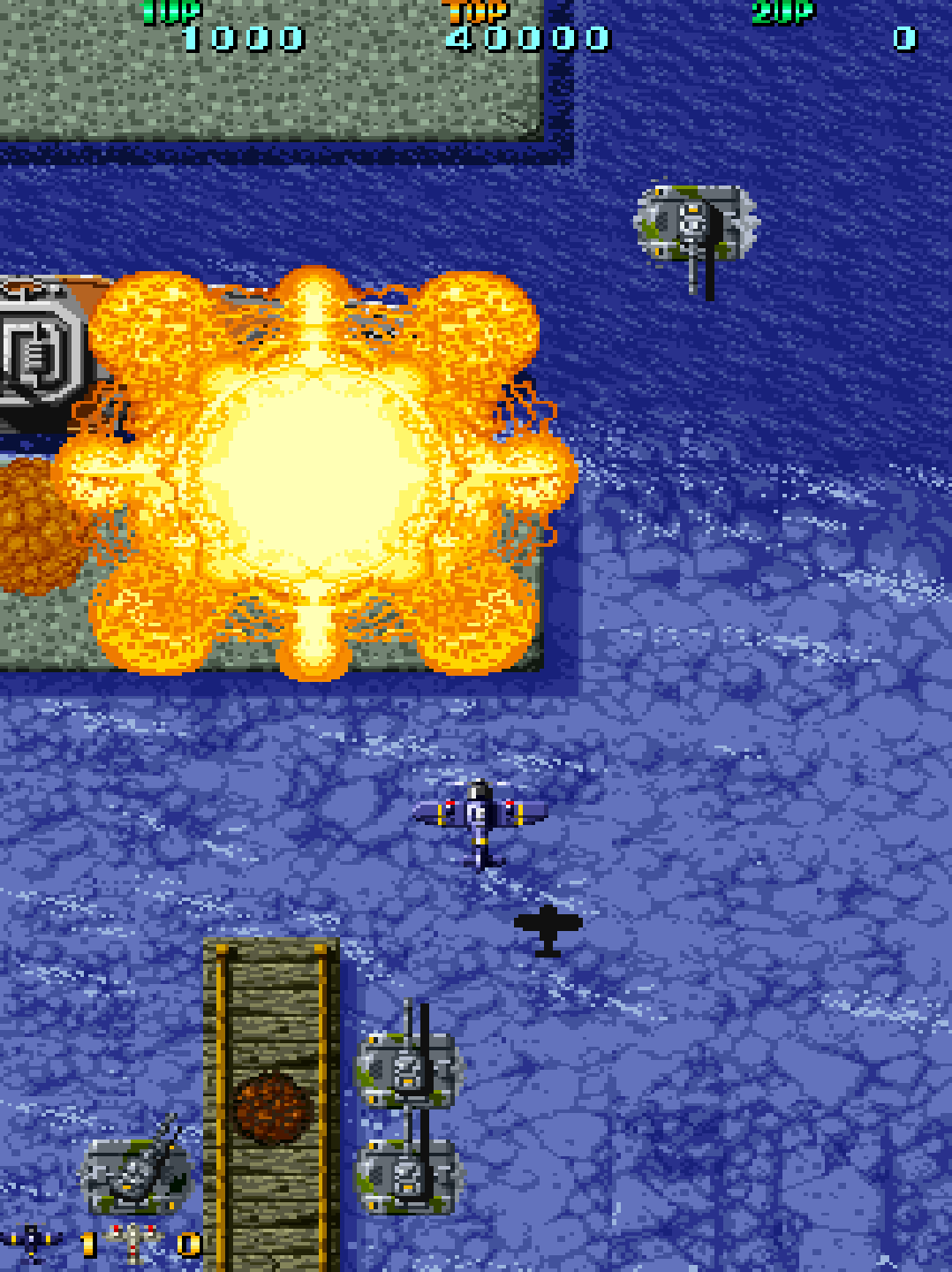
Fun Facts
- The Japanese title Daisenpu means “Great Whirlwind”
- The lack of power-ups made it unusual among Toaplan’s shooters
- The formation call mechanic was inspired by military flight tactics
- Mega Drive port added adjustable difficulty settings
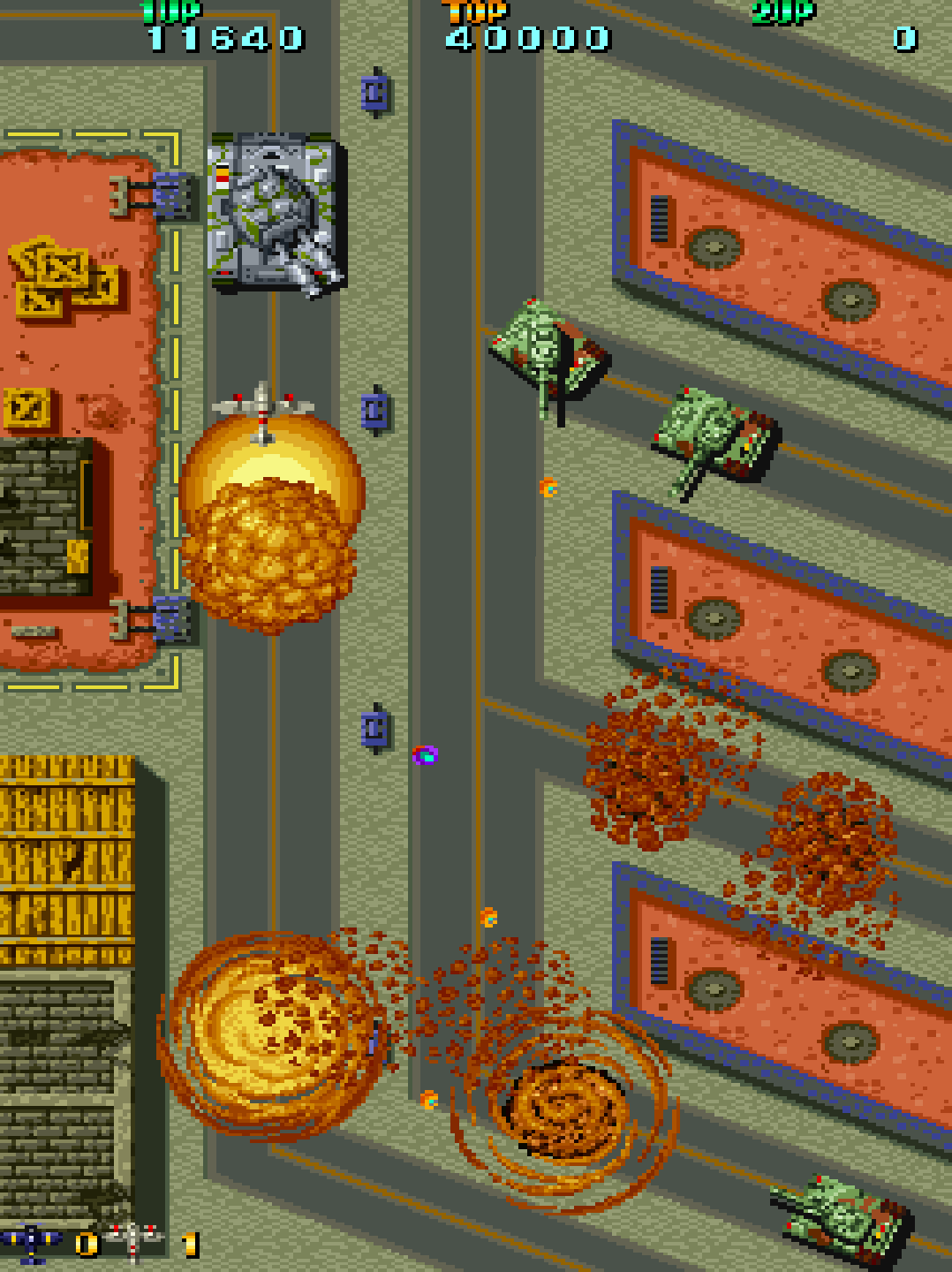
Conclusion
Twin Hawk delivered a distinctive take on the WWII shooter formula with its support squadron mechanic and pure skill-based gameplay. While less famous than Toaplan’s other titles, it remains a respected part of the company’s arcade legacy.
